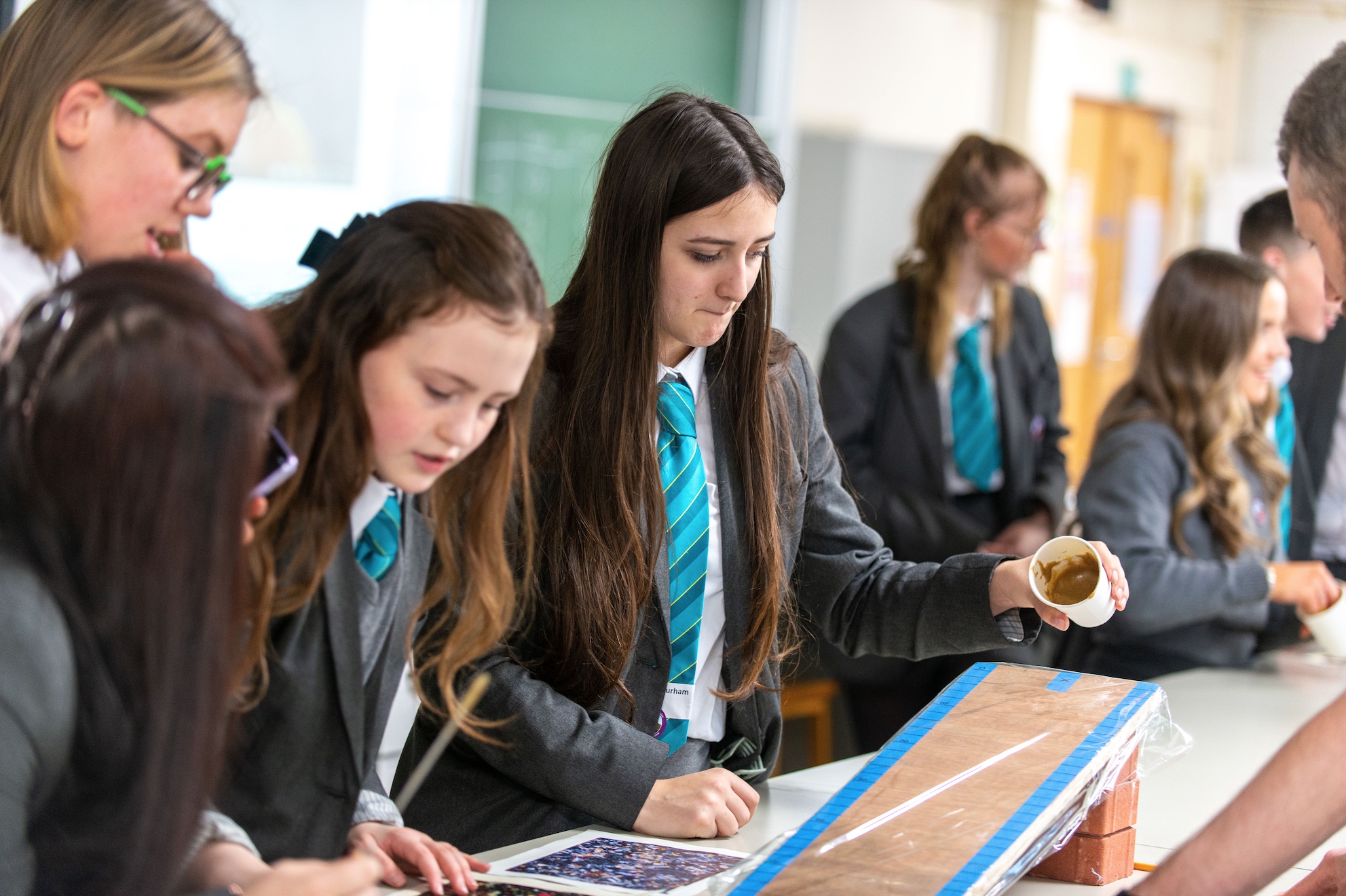Physics into Schools

Overview
The Physics into Schools module gives students the opportunity to gain experience teaching physics in a school environment and honing the skills necessary to thrive as a teacher or science communicator. It is part of a national scheme to give undergraduates a taste of teaching in schools (www.uas.ac.uk).
You will spend Michaelmas term gaining skills useful for work as a science communicator and gaining experience planning lessons and conveying physical concepts to a visiting primary school audience on campus. In Epiphany term you spend 40 hours on placement in a local primary or secondary school, acting as a teaching assistant and planning and carrying out your own special project.
Previous Projects have included:
- Running lessons on Physics careers
- Running afterschool or lunchtime science clubs
- Running a session in an activity day
- Running revision sessions
Course Aims:
- Develop a range of key skills
- Provide a taste of teaching
- Inspire the next generation of scientists/engineers/mathematicians
- Inspire teachers to convey the excitement of science
Undergraduates Get:
- Opportunity to share their enthusiasm for their subject
- Practical classroom experience
- Development of transferable skills, including:
- planning and organisation
- time-management
- communication and negotiation
School Students Get:
- Opportunity to interact with role models
- Individual attention from people who are passionate about science
- Opportunity to spend time with people who are currently in Higher Education and to:
- Ask them questions
- Develop their own ideas for the future
Course Details:
Term 3 of 2nd Year:
- Interview with module leaders.
- DBS checks.
Term 1 of 3rd Year:
- 10 1-hour sessions on transferable skills, public engagement, science communication and preparation for placements.
- Activity Day with a local primary school.
- Identification of placement schools.
Term 2 of 3rd Year:
- 40-hour Placement including classroom observation, teaching support, small group/whole class teaching and Special Project.
- Assessed Presentation
Term 3 of 3rd Year:
- Submission of final written assessments.
Assessment:
There are multiple forms of assessment:
- Project Report: A written report detailing the project you planned and undertook in epiphany term.
- Executive Summary of Reflective Journal: Students are asked to reflect on their own personal development, on their experience of school and the organisation of teaching and on pupils' science learning. You will keep a reflective journal throughout your placement and will use this as a basis for your executive summary.
- A Short presentation: You will give a presentation to a group detailing your school placement and your special project, including what you planned, how you carried it out, and an evaluation of its success.
- Teacher Evaluation: An independent corroboration of progress, including the student's approach, attitude, appreciation of key educational skills and performance in the Project.


/prod01/prodbucket01/media/durham-university/departments-/physics/teaching-labs/VT2A9034-1998X733.jpeg)